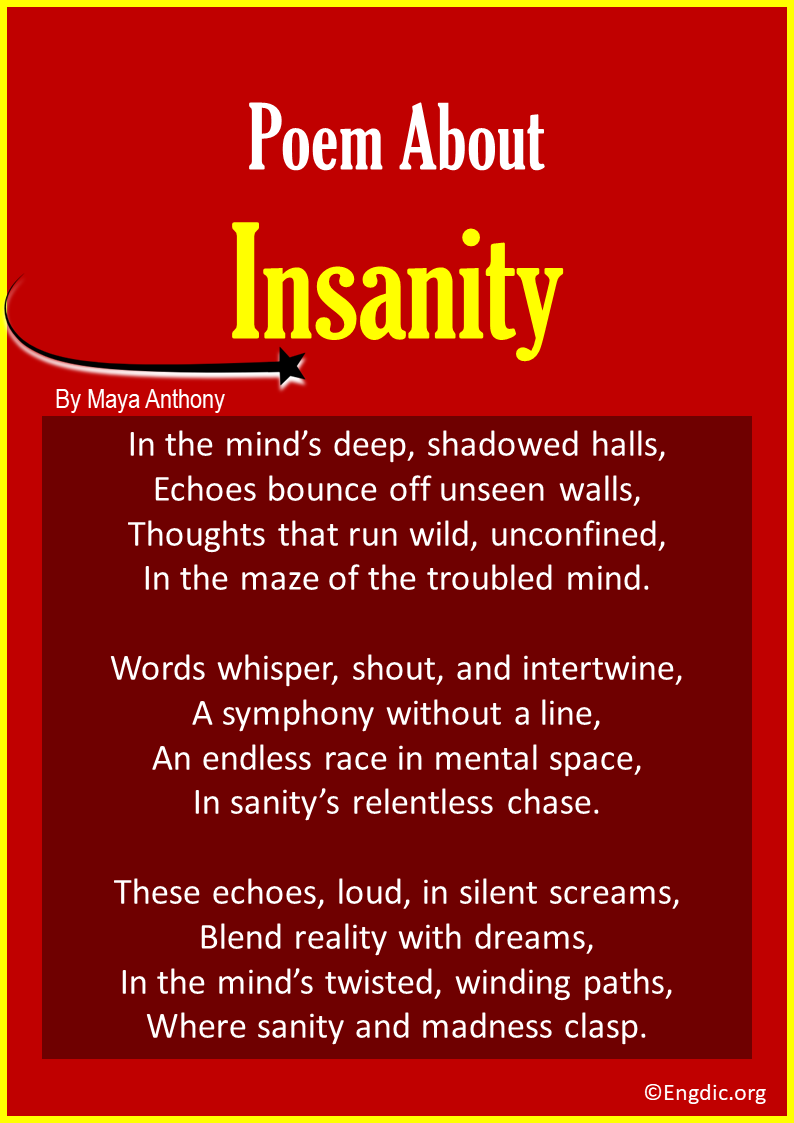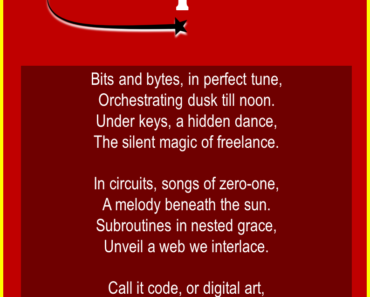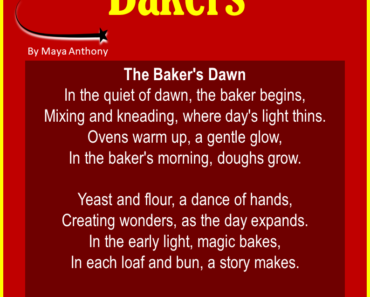Delve into the complex realm of the mind with “10 Best Short Poems about Insanity.” These poems navigate the intricate labyrinth of sanity and madness, offering a glimpse into the depths of human psyche. Each piece, crafted in simple yet evocative language, invites you to explore the fine line between reality and illusion.
Short Poems about Insanity
1. Echoes in the Mind
This poem explores the echoing thoughts that often characterize insanity, depicting the endless and uncontrollable nature of these thoughts.
In the mind’s deep, shadowed halls,
Echoes bounce off unseen walls,
Thoughts that run wild, unconfined,
In the maze of the troubled mind.
Words whisper, shout, and intertwine,
A symphony without a line,
An endless race in mental space,
In sanity’s relentless chase.
These echoes, loud, in silent screams,
Blend reality with dreams,
In the mind’s twisted, winding paths,
Where sanity and madness clasp.
2. Fractured Reflections
This poem metaphorically uses mirrors to represent how insanity can fracture one’s perception of reality and self.
Mirrors on the wall, cracked and clear,
Reflect a world that’s near, yet far,
Images fractured, bizarre,
In the mind’s eye, both near and dear.
Faces staring, not quite right,
A familiar yet foreign sight,
In these reflections, truth distorts,
In sanity’s empty courts.
In each shard, a different tale,
Where minds wander, set sail,
In these fractured reflections, find,
The complexities of a troubled mind.
3. Whispers of Madness
This poem describes the insidious nature of insanity, how it whispers and grows within the mind, often unnoticed until it’s overwhelming.
Whispers in the corners, soft and sly,
Growing louder, as they multiply,
A creeping shadow in the brain,
Where madness and reason strain.
Quiet murmurs in the night,
Twisting thoughts, obscuring sight,
In this silent, creeping tide,
Sanity and madness collide.
These whispers grow into a roar,
A battle, a mental war,
In the mind’s deep, hidden recess,
Lies the seed of madness’s caress.
4. The Cyclone Within
This poem paints insanity as a cyclone, chaotic and destructive, depicting the turmoil it creates within the mind.
Inside the mind, a cyclone rages,
Turning, twisting, through endless pages,
A chaos that no one sees,
In the storm’s relentless breeze.
Thoughts fly like scattered leaves,
In the wind that deceives,
A tempest too wild to tame,
In the mind’s unending game.
In this cyclone, peace is lost,
A heavy, unbearable cost,
In the mental tempest’s spin,
Lies the tumult of within.
5. The Puppeteer
The poem uses the metaphor of a puppeteer to describe how insanity can control and manipulate one’s actions and thoughts.
Strings attached to heart and mind,
A puppeteer cruel and unkind,
Pulling strings with chaotic grace,
In the mind’s hidden space.
Dancing to a tune unsung,
Movements twisted, wrung,
In this control, lose the self,
A puppet, on mental shelf.
This puppeteer, unseen, unknown,
In the mind’s shadow, alone,
Pulls the strings of sanity,
In the dance of insanity.
6. Shadows at Noon
This poem symbolizes insanity as shadows that exist even in the brightest moments, representing the omnipresence of mental turmoil.
Shadows lurk even at noon,
In the brightest part of day,
A darkness that doesn’t swoon,
In the mind’s bright fray.
Even in the sun’s warm kiss,
Shadows twist and turn,
A silent, lurking abyss,
Where hidden fears burn.
In these shadows, sanity hides,
A game of seek and find,
In the mind’s relentless tides,
Where light and dark are twined.
7. The Maze of Thoughts
The poem likens the mind affected by insanity to a maze, complex and confusing, where one can easily lose their way.
A maze within the mind,
Twisting, turning, hard to find,
Paths that lead to nowhere,
In the mental lair.
Walls of thoughts, high and steep,
In this labyrinth, secrets keep,
A journey with no end,
Where mind and madness blend.
In this maze, lost and alone,
Paths of reason overgrown,
In the mind’s intricate puzzle,
Sanity and chaos muzzled.
8. The Unseen Storm
This poem describes insanity as an unseen storm, brewing within, invisible to others but tumultuous for the one experiencing it.
In the mind’s quiet sky,
An unseen storm brews, nigh,
Winds of turmoil, unseen, unfelt,
In the psyche, where they melt.
No clouds, no rain, just a gale,
A silent, internal assail,
A tempest hidden from view,
In the mental brew.
This storm rages, quiet, deep,
In the mind’s keep,
An unseen chaos, a silent scream,
In the psyche’s unseen dream.
9. The Fragmented Mirror
The poem explores the idea of a fragmented self, as experienced in insanity, through the metaphor of a broken mirror.
A mirror shattered on the ground,
Pieces scattered, all around,
Each fragment, a different face,
In the mind’s hidden place.
Reflections twisted, incomplete,
A puzzle with missing sheet,
In these pieces, lose the whole,
The fragmented mirror of the soul.
In this broken, scattered scene,
Lies the mind, torn, unclean,
A reflection of a fractured being,
In the mirror’s unseeing.
10. The Jester’s Dance
Insanity is depicted as a jester’s dance, unpredictable and erratic, reflecting the unpredictability and often bizarre nature of mental chaos.
In the mind’s court, a jester dances,
Twirls of madness, risky chances,
A capricious, unpredictable prance,
In the psyche’s trance.
With each step, a twist, a turn,
Lessons hard to learn,
In this dance, no rules,
Played by no one’s fools.
This jester, with bells and jest,
In the mind, never at rest,
Dances in the light, the dark,
In sanity’s stark, haphazard mark.
Explore More Poems:







